Life imitates art – er, blog.
My last post* cautioned parents not to tell kids that reading is hard because, “kids don’t know something is difficult until you tell them it is.”
I was talking to Mary in the schoolyard today, and she told me a real-life story that illustrates that exact point.
Her daughter loved choir. She loved performing, loved the singing, loved learning new songs and even wrote notes on staff paper in her spare time, for fun.
And then an older choir member told her how hard choir is. She said the theory is so hard, the practices get really difficult—in fact, she’s quitting choir because it’s too hard.
So Mary’s daughter, having found out that choir is actually hard and not fun, insisted on quitting the choir. Boom. It’s the same girl, the same choir, the same amount of “work.” Except now she’s heard it’s hard—so it is.
Don’t tell your kids that reading’s hard. You know what’s hard? Not reading, that’s what’s hard.
Of course Mary, being the awesome mother that she is, got to the root of her daughter’s concerns and reminded her of how much fun choir is. So I guess it works both ways. Haaaaalellujah! (That was supposed to be singing. Like in a choir.)
*I had to remove the last post (June 10) because of some sort of weird spam problem. One particular website was linking it over and over again. Weird…
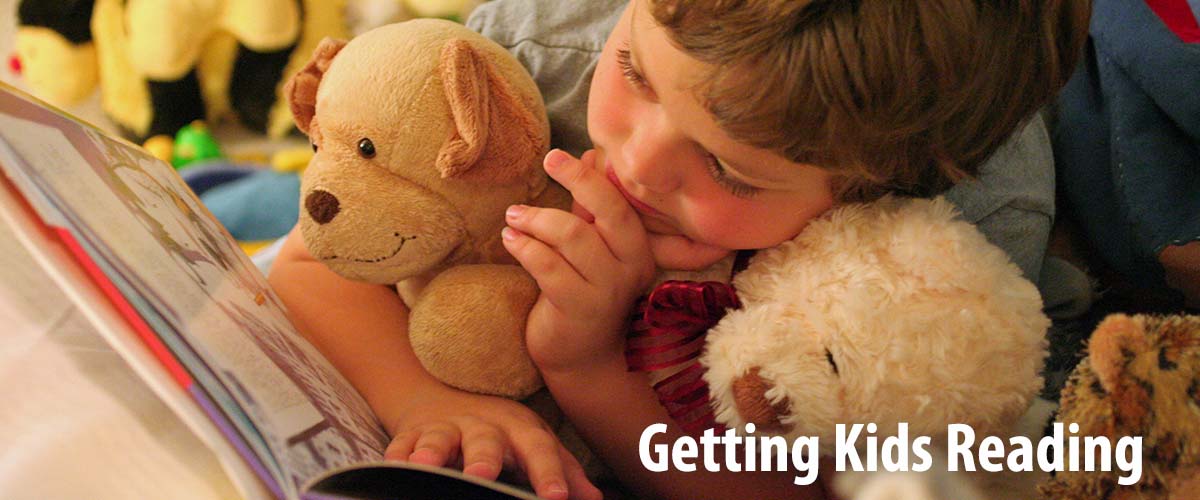
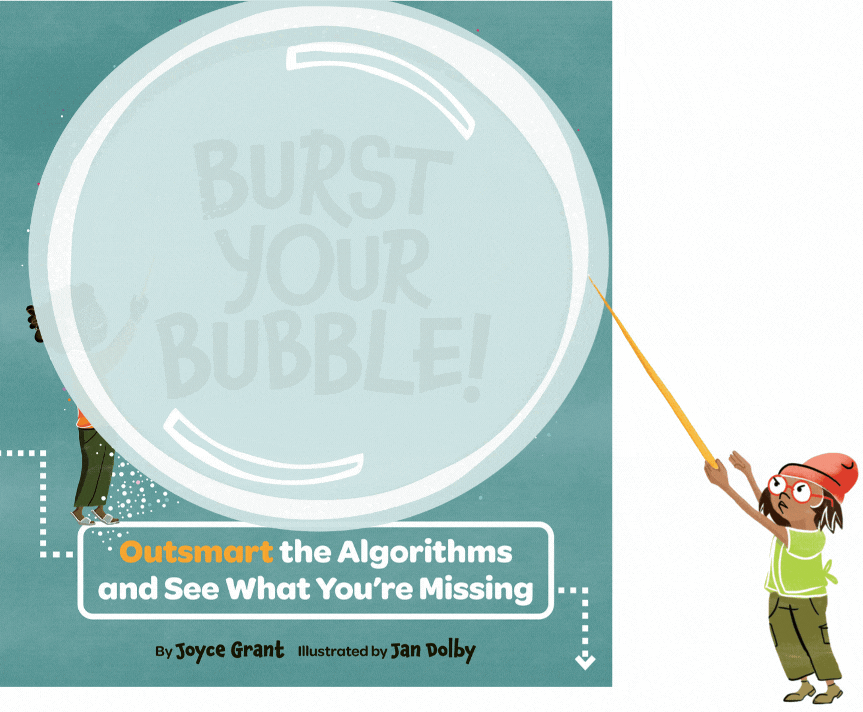
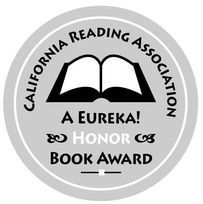
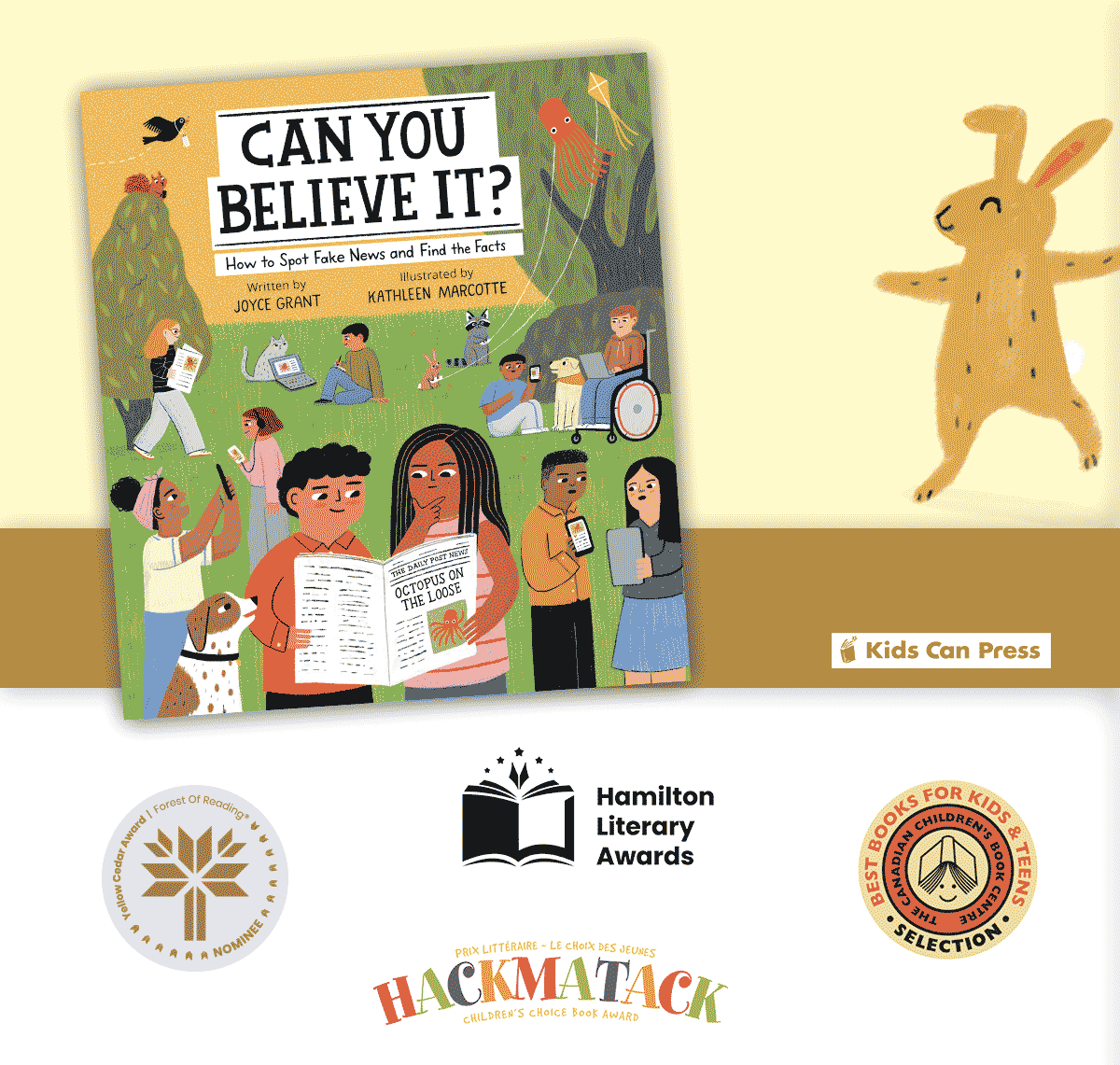
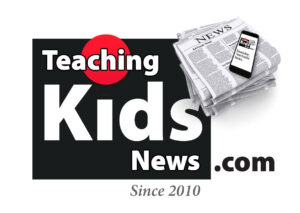

Joyce: Great article and so, so true!
Patty
Instead of "hard", we need to emphasize that every time we challenge ourselves, we are making new connections in our brains.
I highly recommend Carol Dweck's book, Mindset and encourage anyone & everyone to google Carol Dweck or check out Brainology.
I don't have any relationship w/ Professor Dweck or Brainology, but I used her book, Mindset, along w/ Malcolm Gladwell's book, "Outliers" to facilitate a great meeting for parents of teens and preteens.
P.S.
I just discovered your great blog via the BlogLuxe Award nominee list — great information! Thanks: )